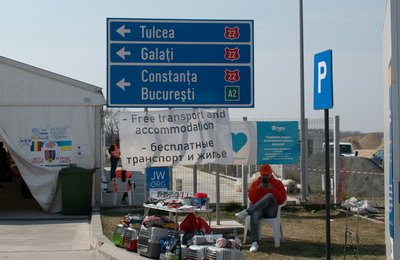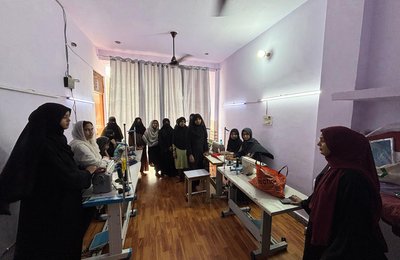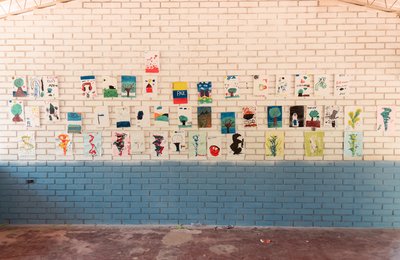The participation of women is critical to the success of any peacebuilding process – if half the population is excluded or faces discrimination, peace will be impossible to achieve
The participation of women is critical to the success of any peacebuilding process – if half the population is excluded or faces discrimination, peace will be impossible to achieve (pdf). Women peacebuilders bring different perspectives and priorities to men, and their role in re-establishing the social fabric in the aftermath of conflict is vital. The role of women in peacebuilding is recognised in many international agreements and resolutions, and the 2011 Nobel Peace Prize, awarded to Ellen Johnson Sirleaf, Leymah Gbowee and Tawakkol Karman, was public recognition for the impact of women peacebuilders. But whilst women peacebuilders have made vital contributions to peace processes in diverse places such as Northern Ireland, Guatemala and Liberia, the reality remains that women are denied meaningful participation in many peace processes.
Women can play a different role in peacebuilding since the impact of armed conflict upon both men and women differs greatly. Whilst men comprise the majority of missing and detainee populations that result from conflict, they are also primarily prone to be wounded or killed as legitimate targets as members of armed forces or groups, who still largely recruit amongst male populations.
On the other hand, however, the impact of armed conflict upon women (and similarly children) is vast. They have increasingly become specific targets of attack and are susceptible to marginalisation, poverty, and the associated sufferings engendered by armed conflict. Women in refugee and IDP camps, and also whilst fleeing, face rape, sexual exploitation and a lack of physical security, factors which often lead to further stigmatisation within the community. Overall, women may be particularly vulnerable if they are held up as ‘symbolic’ bearers of cultural and ethnic identity, and the producers of the community’s future generations.
Where women are also armed fighters, they tend to shoulder an additional burden assigned by traditional gender roles which dictate primary responsibility for the maintenance of the family and community during war, as well as throughout the long, slow process of rebuilding the peace.
For peacebuilding initiatives to remain sustainable in the long-term, women must be included in every level of the process. Yet current formal peacebuilding processes often remain largely male-dominated, where women are simply as war victims. Attempts have been made to ensure a gender perspective is central to peacebuilding. In particular, United Nations Security Council Resolution 1325 urges countries “to ensure increased representation of women at all decision-making levels in national, regional and international institutions and mechanisms for the prevention, management, and resolution of conflict”. However, more than a decade on from this Resolution, and the passing of many elaborate national and international frameworks, endemic discrimination and gender-based violence are significant barriers to achieving its goals, though there are some signs of progress.





